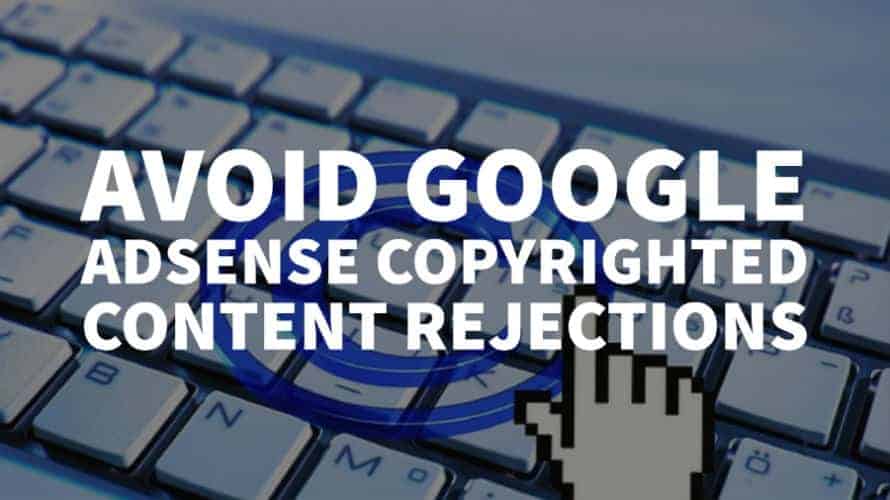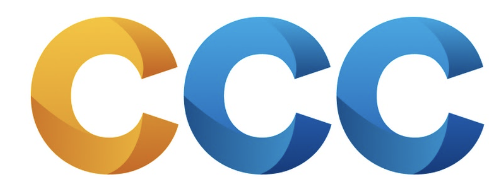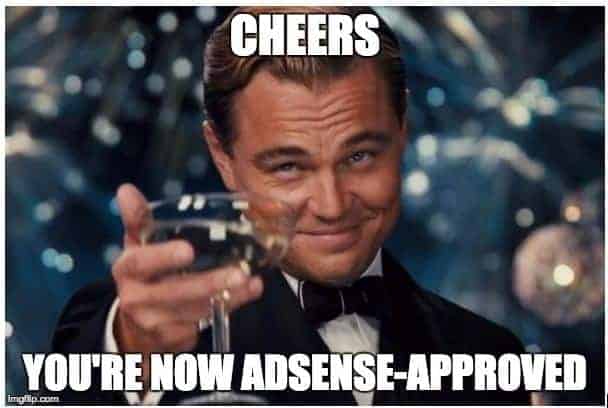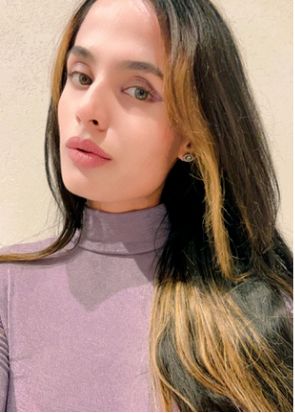
This post was most recently updated on November 13th, 2024
One of the most common Google AdSense rejections has to do with its copyright clause. In fact, you may have been turned away from Google’s AdSense program without even realizing you were in violation of their copyright clause. “After all,” you think, “I’m not distributing pirated content! What’s the deal with this rejection?!”
To clear up some confusion about copyright violations with Google AdSense, Google has produced a short minute-and-a-half long video. It’s a fun, animated clip intended to illustrate the three most common reasons for receiving a copyright violation. Take a look at it if you’ve ever had any questions about Google’s reasons for rejecting based on copyright grounds.
According to the video, the three most common reasons for AdSense rejection based on copyright are: distributing copyrighted content, displaying other peoples’ content with frames, and linking to copyright-violating sites. Let’s explore these three in greater detail.
Let’s get the most obvious one out of the way: don’t even think about distributing copyrighted content if you want to run Google AdSense or Ad Exchange on your site. This includes repurposing others’ articles, hosting copyrighted music, or distributing copyrighted ebooks.
A good rule of thumb: if you don’t have the legal right to sell something, then you don’t have the legal right to run ads on it or monetize it using Google’s product. Google wants to maintain the value of its ad products, and if they allow people to run ads next to copyrighted content, then they’ll fail at this mission.
If you want to run Google AdSense ads on your site, then you should first remove all copyrighted content from your site.
If you put a frame around other people’s content and then tried to put your own Google ads around their content, then you are engaging in an activity that’s aptly called “framing”. While this is certainly less subtle and obvious than explicitly slapping others’ content right on your servers, it’s still not allowed, and Google will notice. If you link to a YouTube video, make sure you are properly embedding it — and that you have a right to embed it on your site at all.
Did you know that you can even be turned away from AdSense if you only link to sites that violate copyright? Many don’t. Some sites are obvious about linking to copyrighted content, acting as mini search engines intended to help find copyrighted content. Many other webmasters, however, unintentionally violate this rule. Carefully consider each site that you link to. These outbound links could affect your site’s reputation and stand among ad networks like Google AdSense.
Just double-check all of these points and you’ll successfully avoid this type of rejection. And if you are in violation of these conditions and have been turned away from AdSense, just fix the mistake and reapply. AdSense and Ad Exchange can be lucrative monetization tools; don’t blow it just because you’ve accidentally linked to a copyright-violating piracy site.
To prevent copyrighted content rejections and ensure compliance with Google AdSense policies, it’s crucial to have a robust content monitoring system in place. Content monitoring tools can help you identify and address any instances of copyrighted material on your website. Here are some top content monitoring tools that can assist you in avoiding copyright issues:
![]()





Here are the key ways to ensure your content is original and avoid copyright violations:
The best way to avoid copyright infringement is to create your own original content. This guarantees that your work is unique and not infringing on anyone else’s intellectual property rights. When you create original content, you become the copyright holder and have exclusive rights to use, reproduce, and distribute it.
If you don’t want to create everything from scratch, you can use content from the public domain or under Creative Commons licenses. The public domain includes works that are not protected by copyright, either because the copyright has expired or the creator has relinquished their rights. Creative Commons licenses allow creators to share their work with certain usage rights granted to the public.
If you want to use copyrighted content that you did not create, make sure to obtain the necessary permissions or licenses from the copyright holder, and consider legal contracts templates to streamline the licensing process and secure usage rights efficiently. This may involve paying a fee or agreeing to certain terms of use. Properly licensing content shows respect for the creator’s rights and helps you avoid copyright infringement.
Do not copy, reproduce, or repurpose significant portions of others’ copyrighted work without permission. This includes text, images, videos, music, and other creative content. Even if you modify the content, it may still be considered a derivative work and subject to copyright law.
When using third-party content, such as quotes, images, or data, be sure to provide proper attribution to the original source. This helps acknowledge the creator’s work and reduces the risk of copyright violations.
Keep up-to-date with the latest copyright laws and regulations in your jurisdiction. Copyright laws can vary by country and evolve, so it’s important to understand your rights and obligations as a content creator.
By implementing a content monitoring tool and regularly scanning your website’s content, you can proactively identify and address any potential copyright violations, ensuring a safe and compliant environment for Google AdSense and other advertising platforms.
Need help with AdSense-related issues? Are you having trouble optimizing your ad revenue? Let MonetizeMore help maximize your ad revenue. Sign up for a Premium account at MonetizeMore today!

With over seven years at the forefront of programmatic advertising, Aleesha is a renowned Ad-Tech expert, blending innovative strategies with cutting-edge technology. Her insights have reshaped programmatic advertising, leading to groundbreaking campaigns and 10X ROI increases for publishers and global brands. She believes in setting new standards in dynamic ad targeting and optimization.
10X your ad revenue with our award-winning solutions.